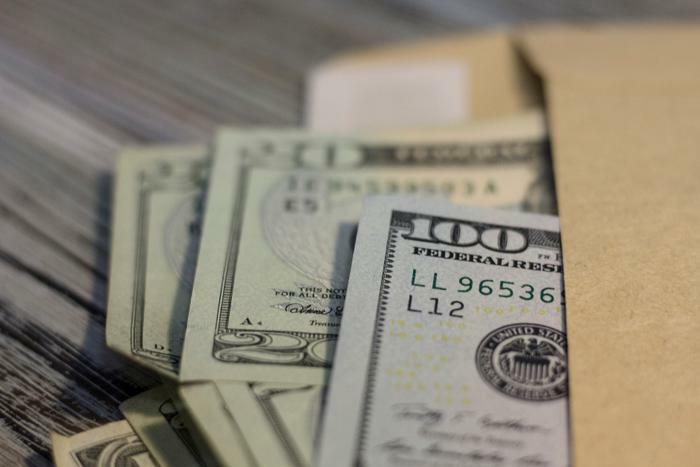The Federal Trade Commission (FTC) has come away from U.S. District Court with a sizable victory – and payoff – for consumers.
In a lawsuit against On Point Global, the agency was able to secure $102 million in refunds for consumers who were caught in a “wide-ranging scheme” that steered them to pay money or hand over personal information to fake government websites.
The FTC accused On Point of falsely offering consumers a quick and easy way to get through all the red tape involved in government agency processes, like renewing a driver’s license or applying for other services. To lead consumers into believing the sites were legitimate, the company purchased domain names such as DMV.com and floridadriverslicense.org.
As a direct result of the FTC’s trial win, a federal court called for a refund process to be established for consumers who were harmed by On Point Global and its network of fake websites. Consumers who feel they were ensnared by the company’s scheme can apply for compensation as a result of the lawsuit, but they need to do so by July 5, 2022.
ConsumerAffairs reached out to On Point Global about the lawsuit, but the company did not immediately respond to a request for comment.
How people can get part of the $102 million refund
In order for a consumer to receive a refund, they have to submit a claim by July 5, 2022, and certify that one of the following events took place:
-
They paid money to an On Point Global fake DMV site between January 2017, and December 2019, and have yet to get their money back.
-
They submitted their personal information to an On Point Global government benefits site in 2019.
If consumers can prove either of those requirements, they are eligible for a payment and should receive an email by mid-April with instructions from the company tasked with handling the claims process. The FTC says confirmations will be sent to the email address the person originally used on the bogus site. They will come from noreply@onpointclaimform.com or from an FTC.gov email address.
Consumers who believe they are eligible for reimbursement but haven’t received an email yet should visit this site and enter their name and email address. At that point, they should get an immediate email response with a personalized claim link and instructions.
If there are questions about the refund that the applicant needs help with, there is additional information available for affected consumers on two websites. For those impacted by the fake DMV offer, go here. Consumers who submitted personal information to fake government benefits sites can visit this site for more information.






